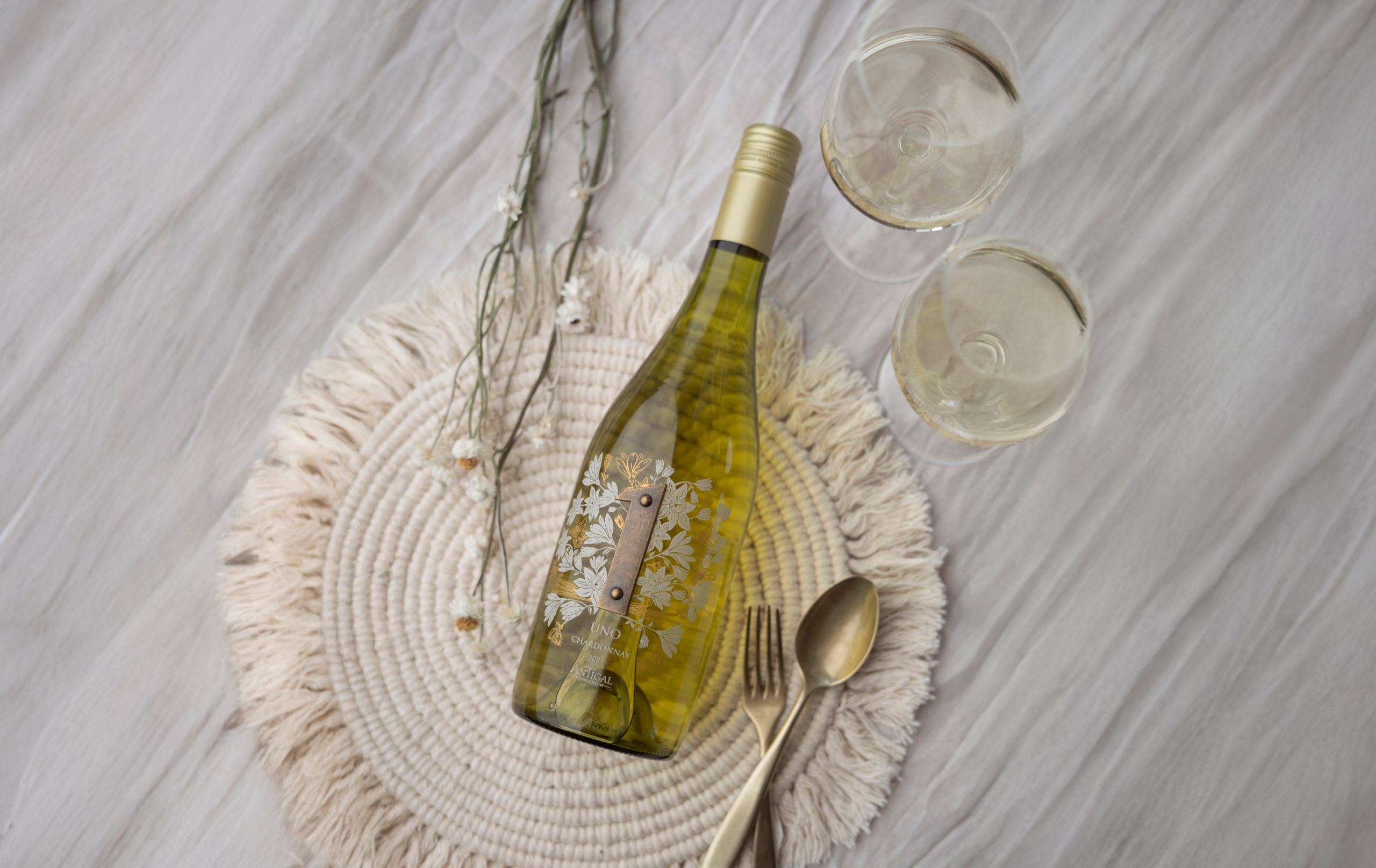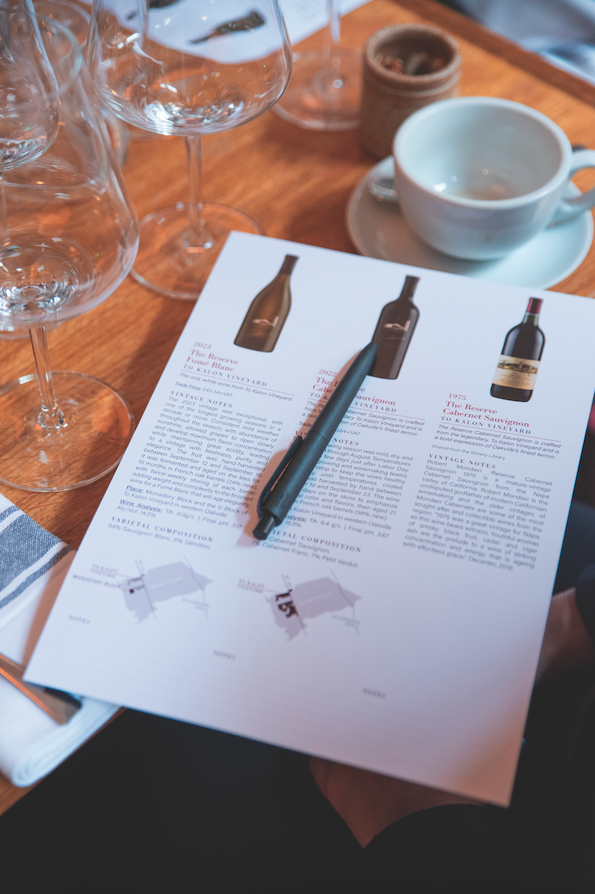Winemaking in Lebanon ‘more dangerous’ than ever
Growing grapes and making wine in Lebanon amid the political unrest in neighbouring Syria is “more dangerous than ever” according to one key producer.
Speaking to the drinks business at a lunch hosted by Thorman Hunt to showcase the latest vintages of Massaya, general manager Sami Ghosen said:
“The situation is more dangerous than ever now. We’re all victims of geopolitics. There are bodyguards everywhere, I can’t take my children around the vineyards with me, but I’m not going to stop and I’m not going to move. Our new winery is in a safer spot in the heart of Christian Lebanon.
“We’ve had trouble recently in trying to harvest our grapes grown on the Syrian border as a lot of our pickers are Syrian and the army isn’t letting them across the border.”
Ghosen admitted that in order to succeed in making wine in Lebanon you need connections in high places. Despite the growing difficulty in being able to make wine in the country, Ghosen remains defiant.
“I don’t see the situation getting better any time soon but for us it’s business as usual. We’re not going to give up – I want the estate to be handed down to my grandchildren,” he said.
“Our country is a melting pot and we’re open-minded people not advocates of darkness. Wine is one of the best ways to break down barriers,” he added.
As for the wines, Ghosen and his winemaker brother Ramzi are moving away Cabernet Sauvignon towards a more Mediterranean style to complement Lebanon’s climate.
The estate’s latest release, a Grenache/Mourvèdre blend called Cap Est, nods to the French Riviera. The grapes hail from a 7-hectare chalky site 1,200 metres above sea level on the hillsides in the northeastern tip of the Beqaa Valley.
“I’m learning what grapes work with our terroir and am more attuned to the vineyards now. I don’t like show off Cabernets, Grenache and Mourvèdre suit us better. We’re moving towards making lighter, fresher, lower alcohol wines,” Ghosen told db.
Partner Content
He started out making Arak near Mount Lebanon in the ’90s, but, with land at his disposal and dreams to make wine, he flew to France to seek investment, claiming he had no idea of Cheval Blanc’s reputation when he knocked on their door.
In 1998, Frédéric and Daniel Brunier from Domaine du Vieux Télégraphe in Châteauneuf du Pape invested 100,000 francs in the project, while Hubert de Bouard of Angelus and Dominique Hebrard, formerly of Cheval Blanc both put up 500,000 francs each though de Bouard is no longer involved in the venture.
“I persuaded them to invest in me by inviting them to see the vineyards in the Beqaa Valley, which they fell in love with,” Ghosen told db.
The estate produces around 500,000 bottles of wine a year and is unusual in Lebanon in having a native head winemaker rather than an international oenologist.
“A lot of rich families in Lebanon want to make wine for their own ego trip and hire a team from abroad. My brother makes all of our wines,” said Ghosen.
He believes the vineyards with the greatest potential in Lebanon lie in more extreme areas of the Beqaa Valley on its hillsides in the northeast and northwest.
Massaya is brought into the UK by Thorman Hunt and, in addition to independent merchants, the wines are on sale at London restaurants like Min Jiang, Moro, Andrew Edmonds and The Arts Club. The are around 50 functioning wineries in Lebanon at the moment.




